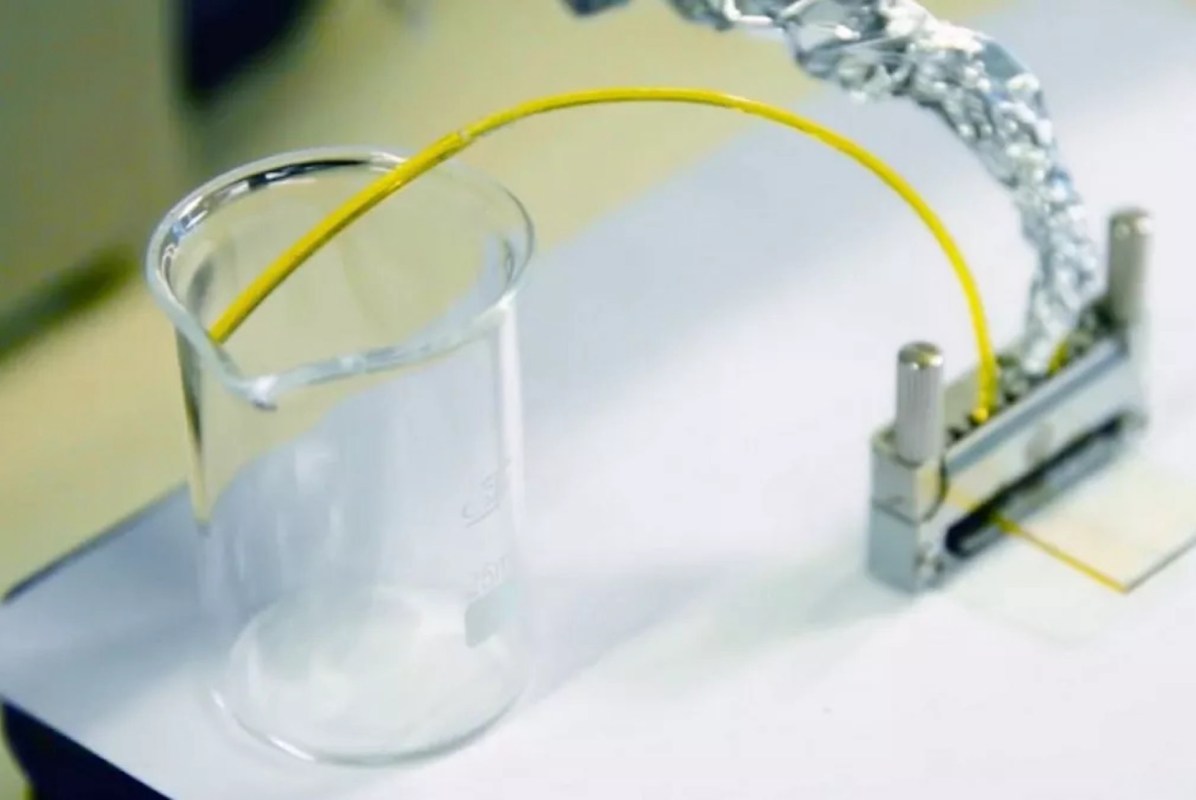Researchers at Chalmers University of Technology in Gothenberg, Sweden, have succeeded in creating a system that can capture and store solar energy for up to 18 years and can produce electricity when connected to a thermoelectric generator.
The implications of this breakthrough are major: with it, solar energy can be stored and sent anywhere in the world and then converted into electricity on demand.
The result is a closed, circular system that works without generating planet-overheating carbon dioxide pollution.
The researchers tested their discovery by harvesting solar energy in Sweden and sending it to colleagues at Shanghai Jiao Tong University, who were able to turn it into usable electricity.
"This is a radically new way of generating electricity from solar energy. It means that we can use solar energy to produce electricity regardless of weather, time of day, season, or geographical location," said research leader Kasper Moth-Poulsen, professor at the Department of Chemistry and Chemical Engineering at Chalmers. "I'm very excited about this work. We hope with future development this will be an important part in the future energy system."
Solar energy is on the rise, and it is undoubtedly better for the planet than dirty energy sources like oil or gas, but it also comes with its own difficulties — such as the fact that it can only be harvested when the sun is shining, making it less viable in parts of the world that don't get much sun.
However, with this new invention, the potential for solar energy becomes even greater. The researchers believe that it could eventually replace electric car batteries and solar cells.
"Together with the various research groups included in the project, we are now working to streamline the system," professor Moth-Poulsen said. "The amount of electricity or heat it can extract needs to be increased."
"So far, we have only generated small amounts of electricity, but the new results show that the concept really works. It looks very promising," Zhihang Wang, another of the researchers on the project, said.
Join our free newsletter for weekly updates on the coolest innovations improving our lives and saving our planet.









